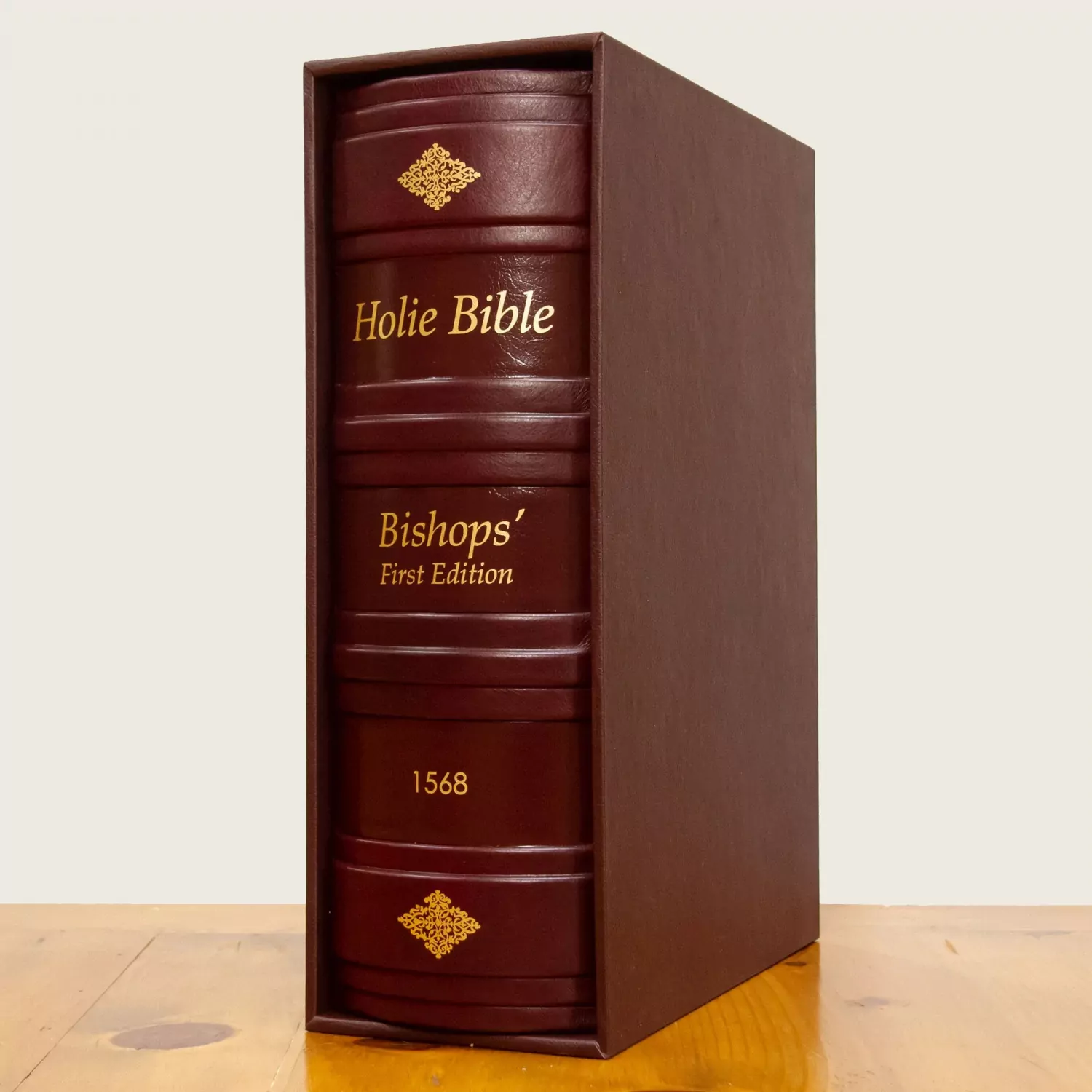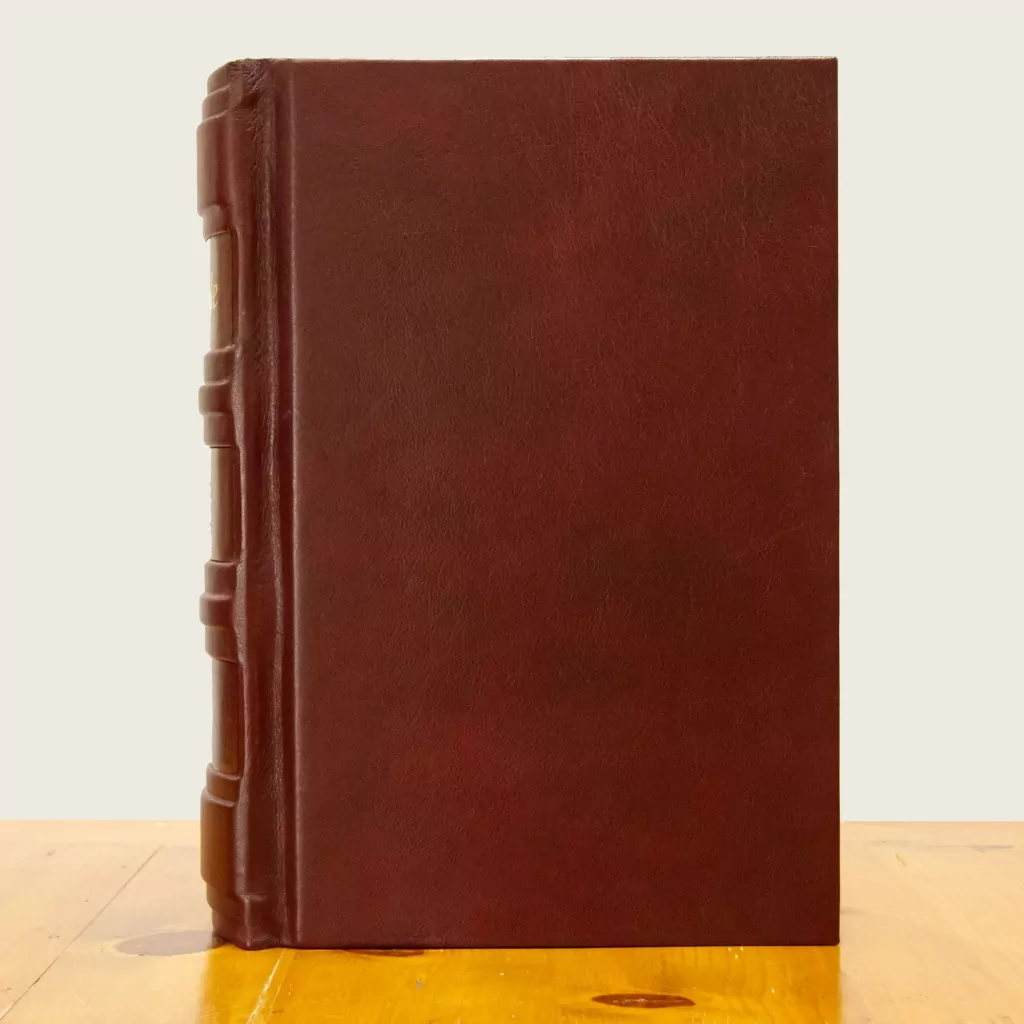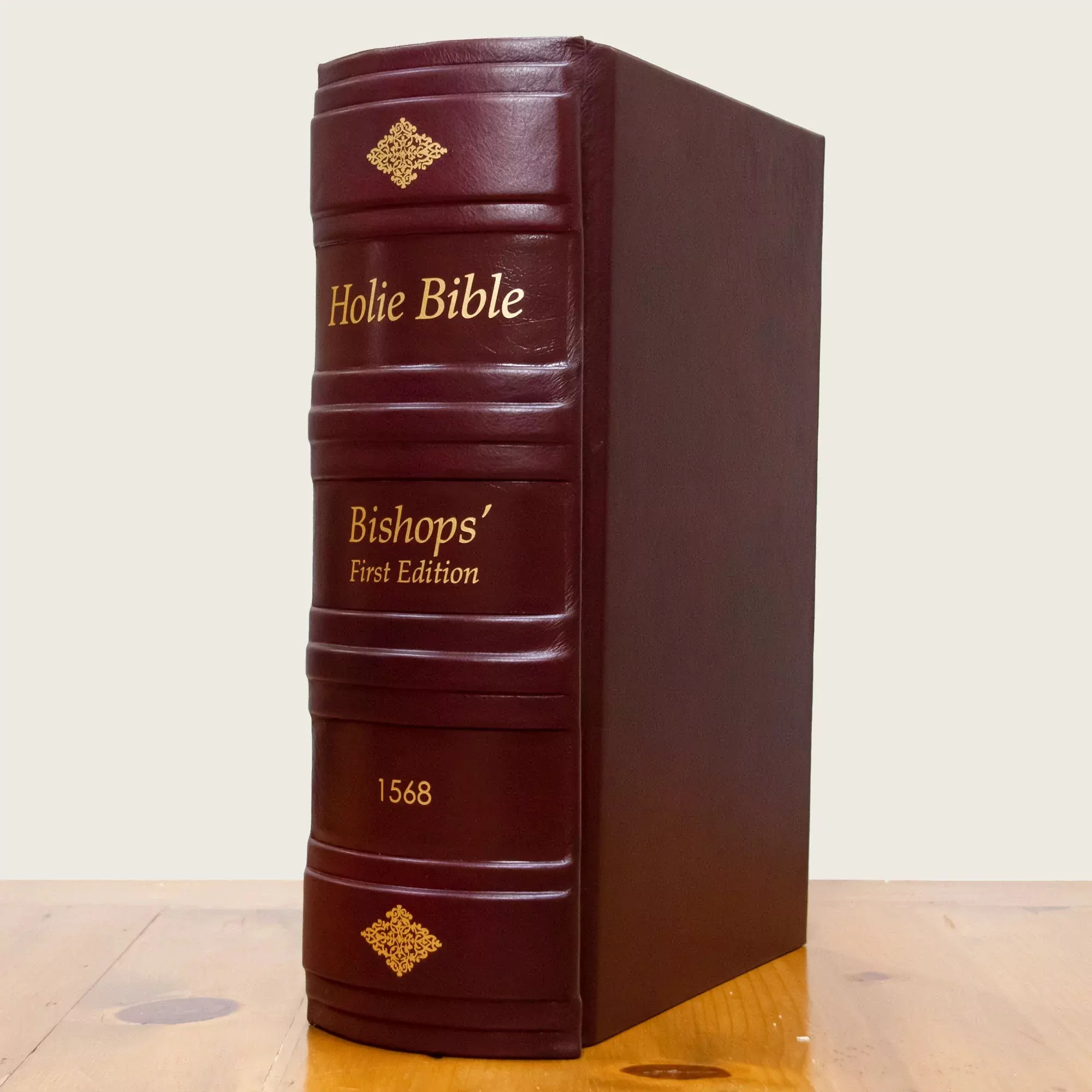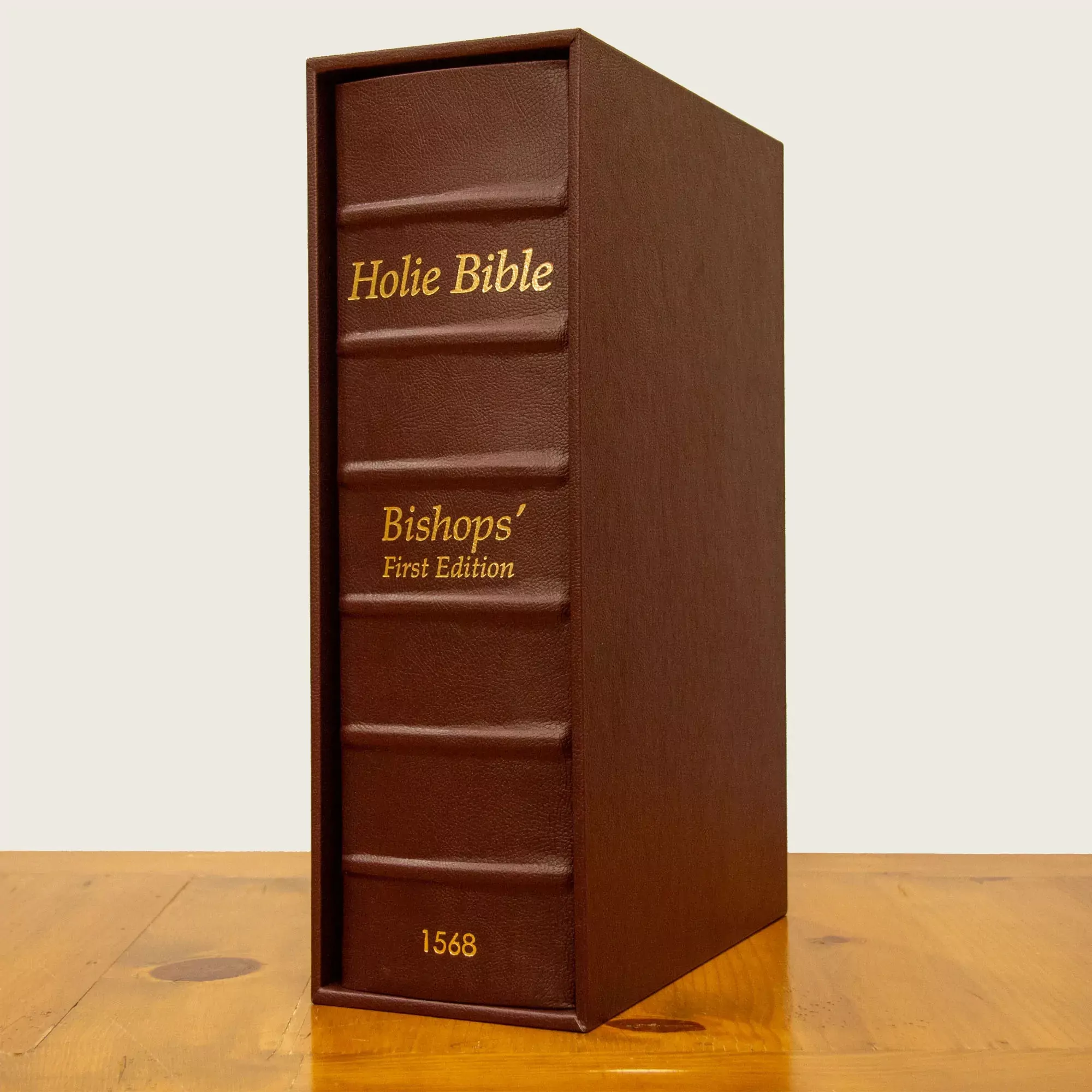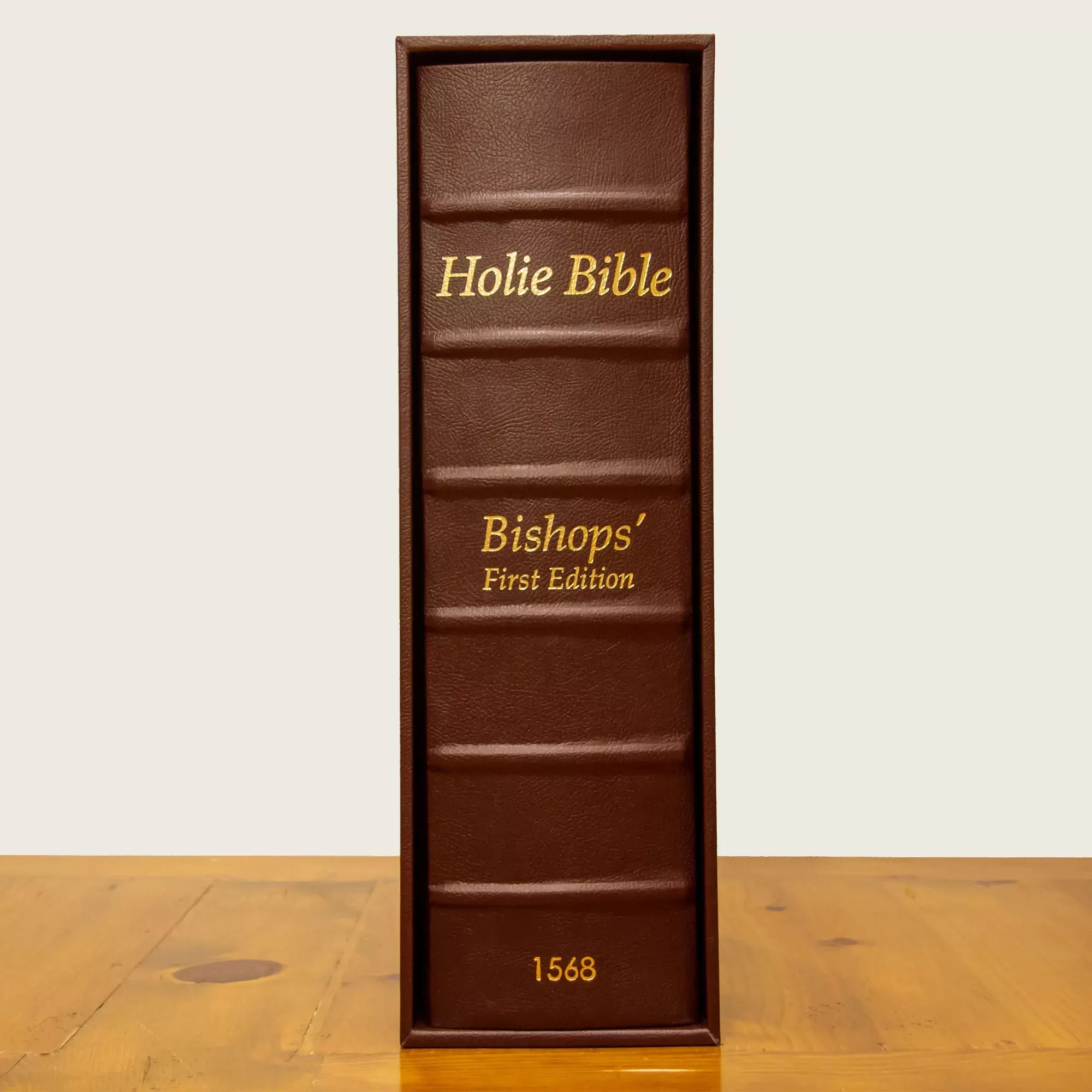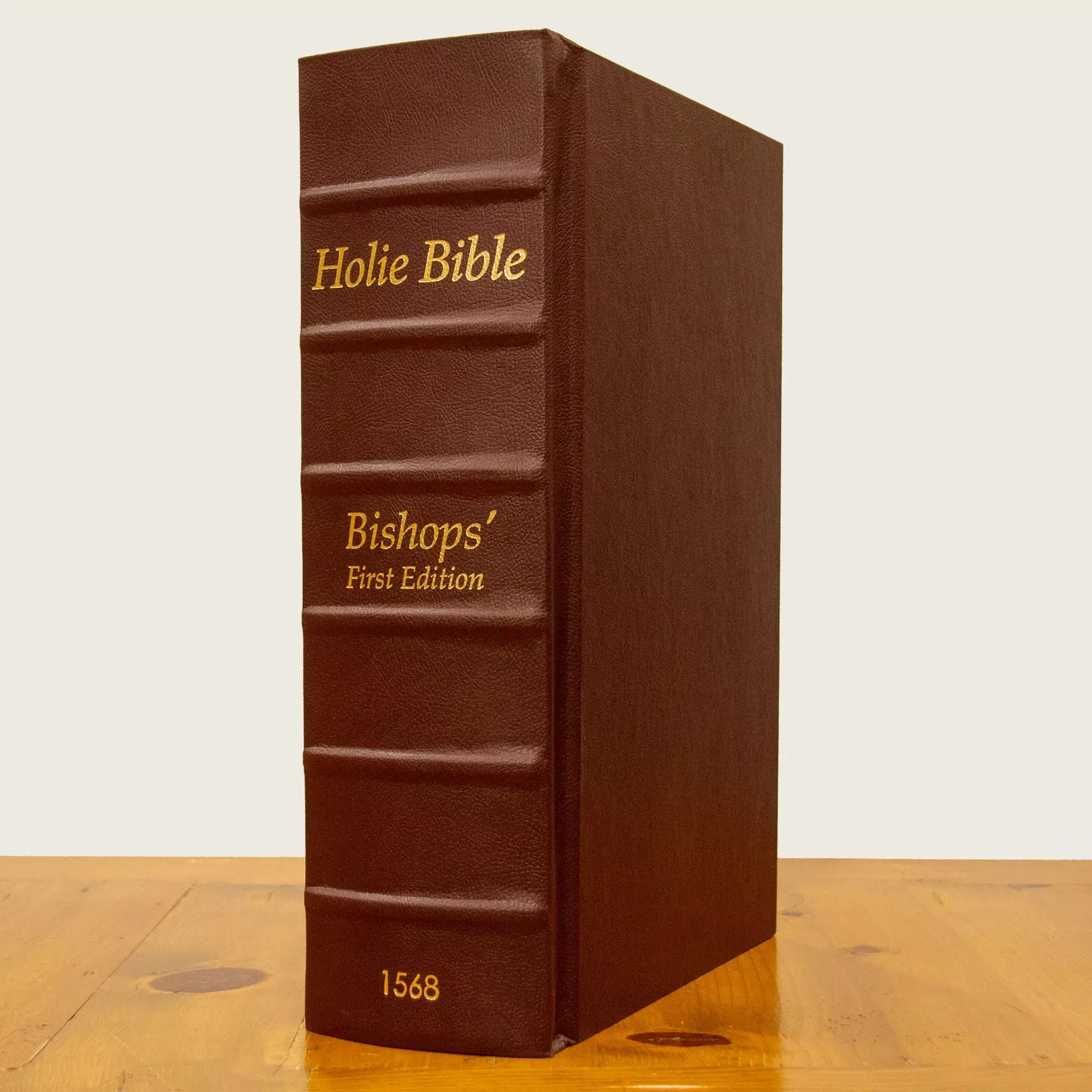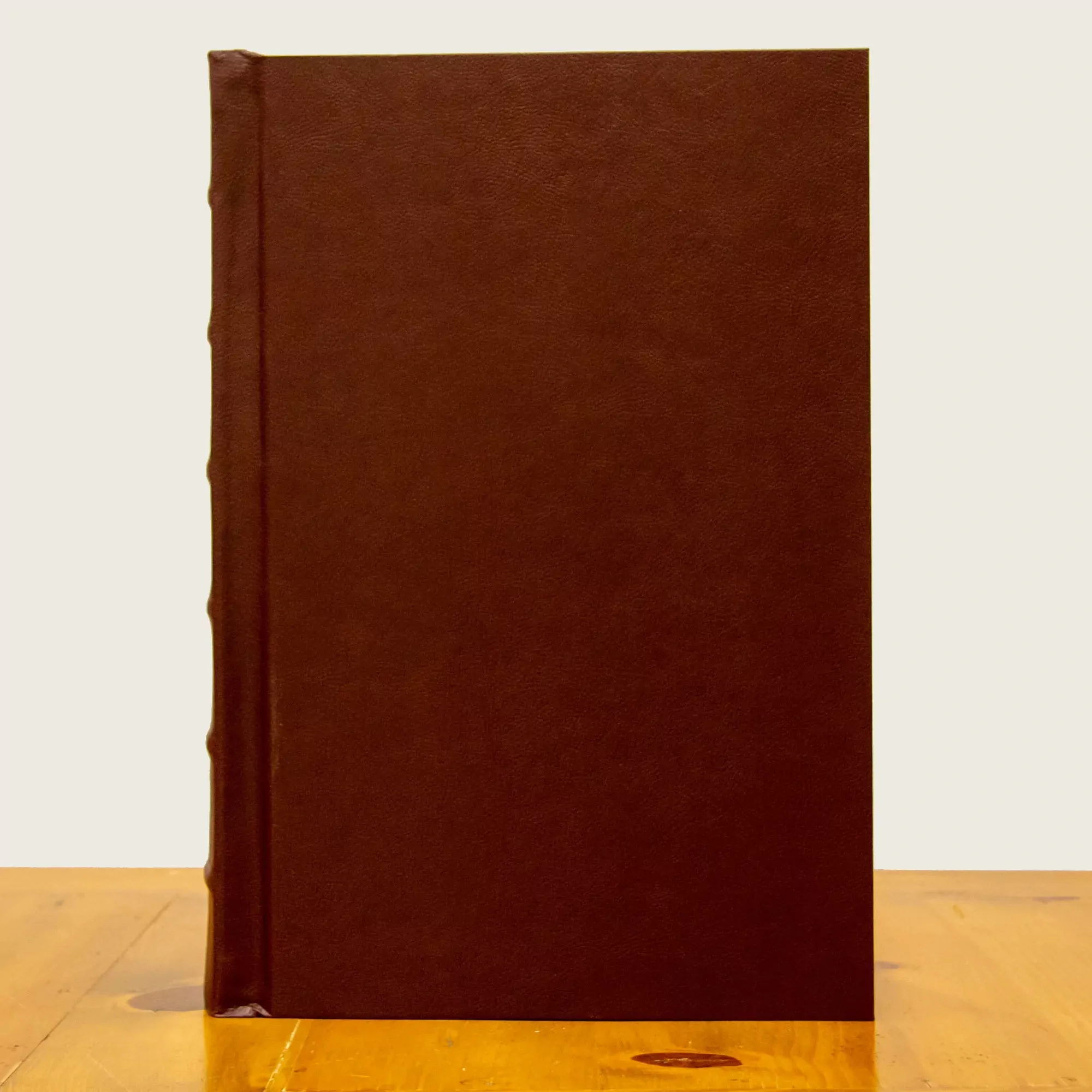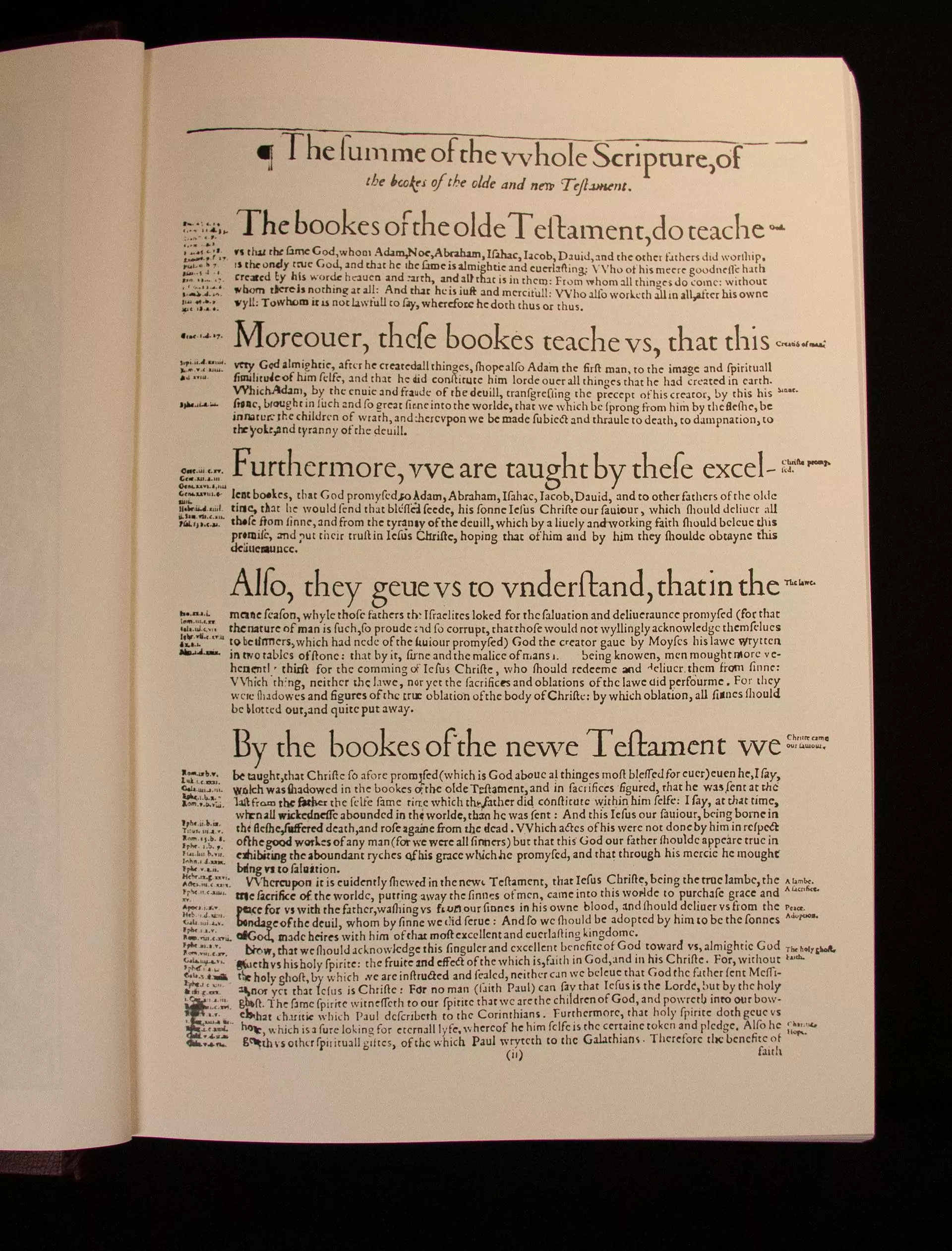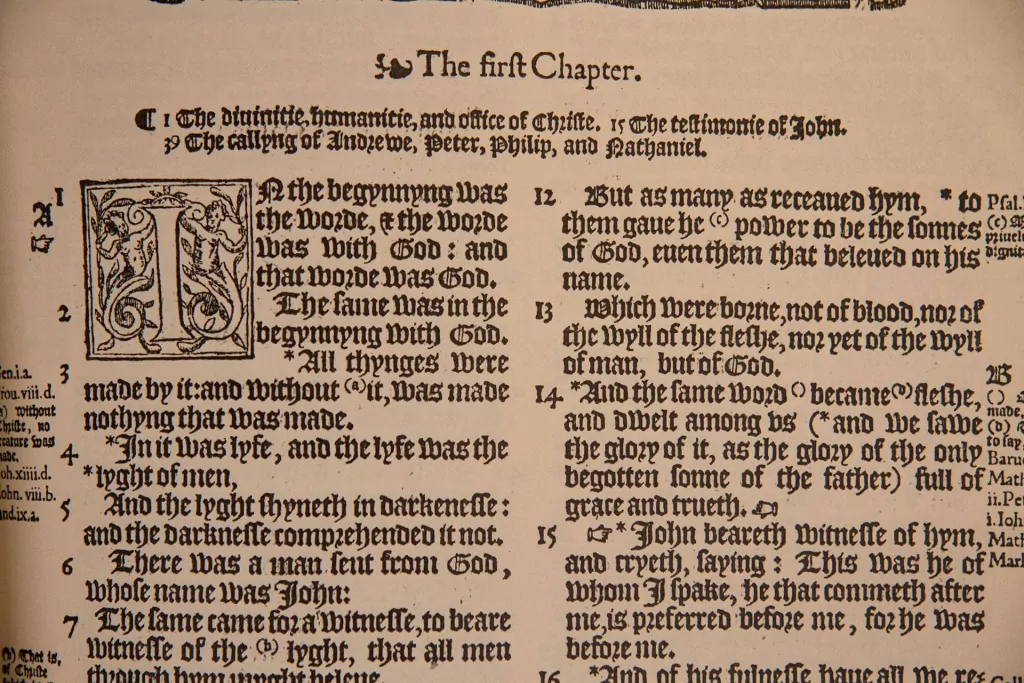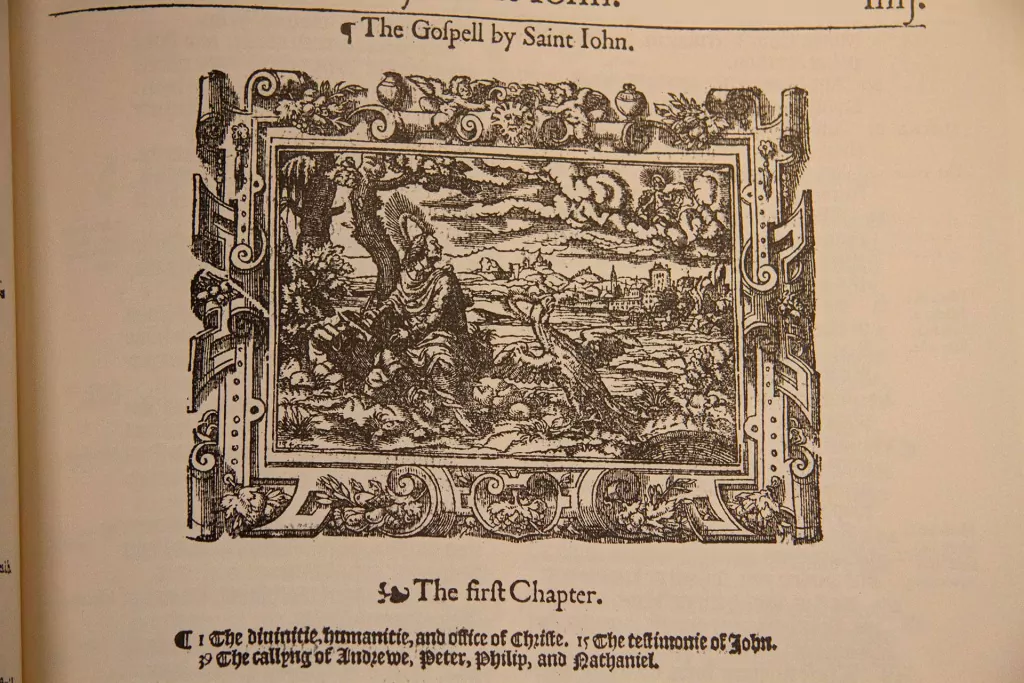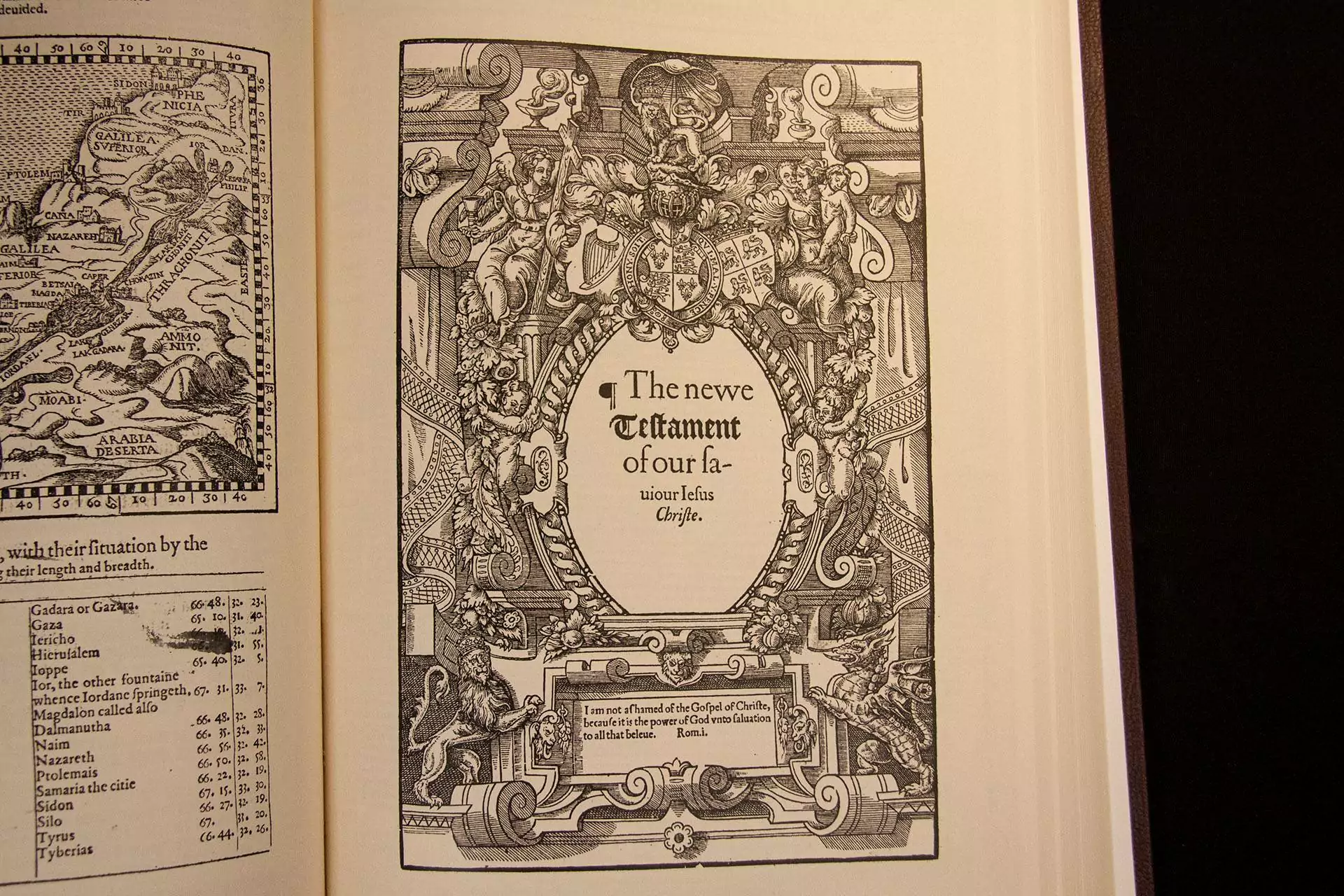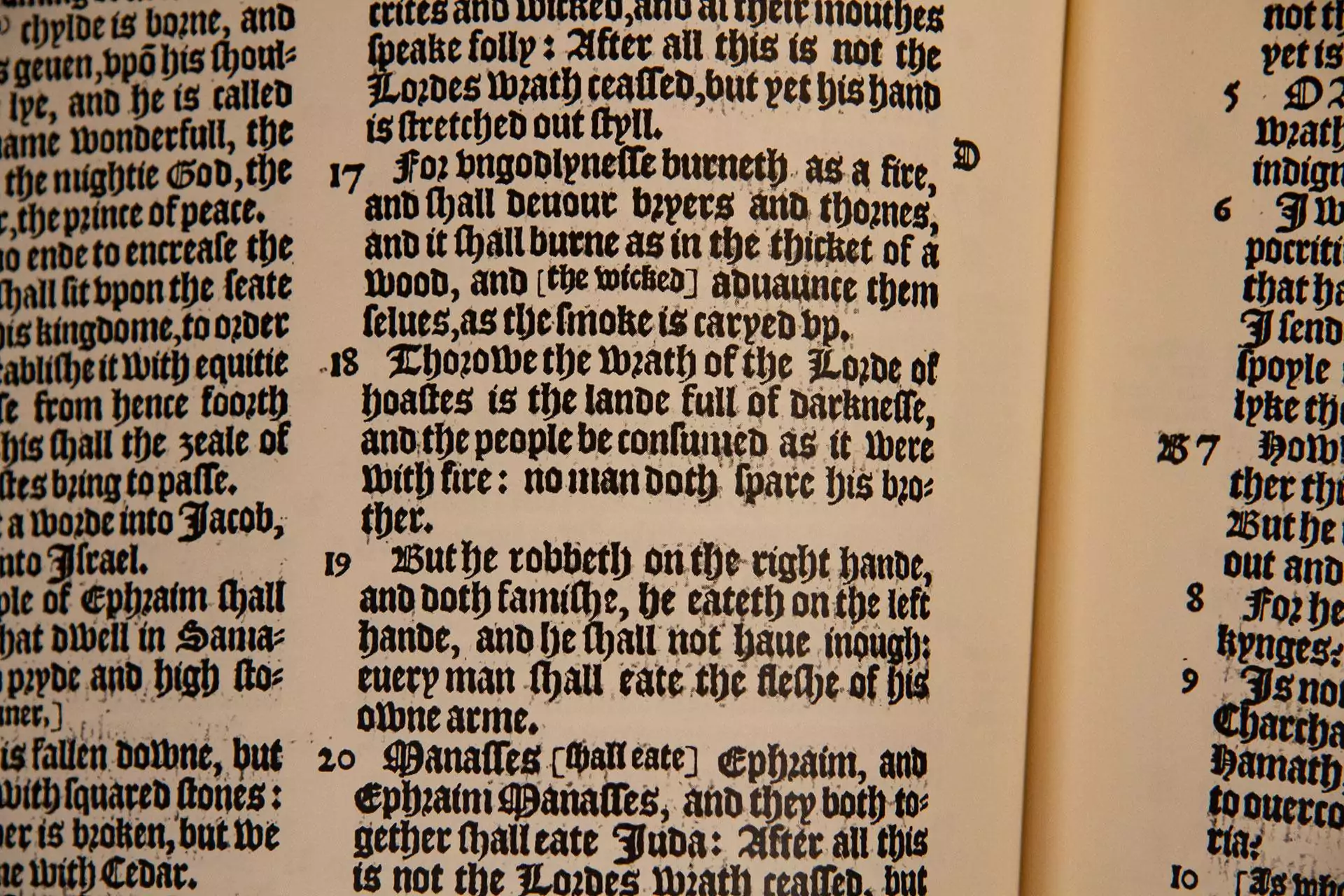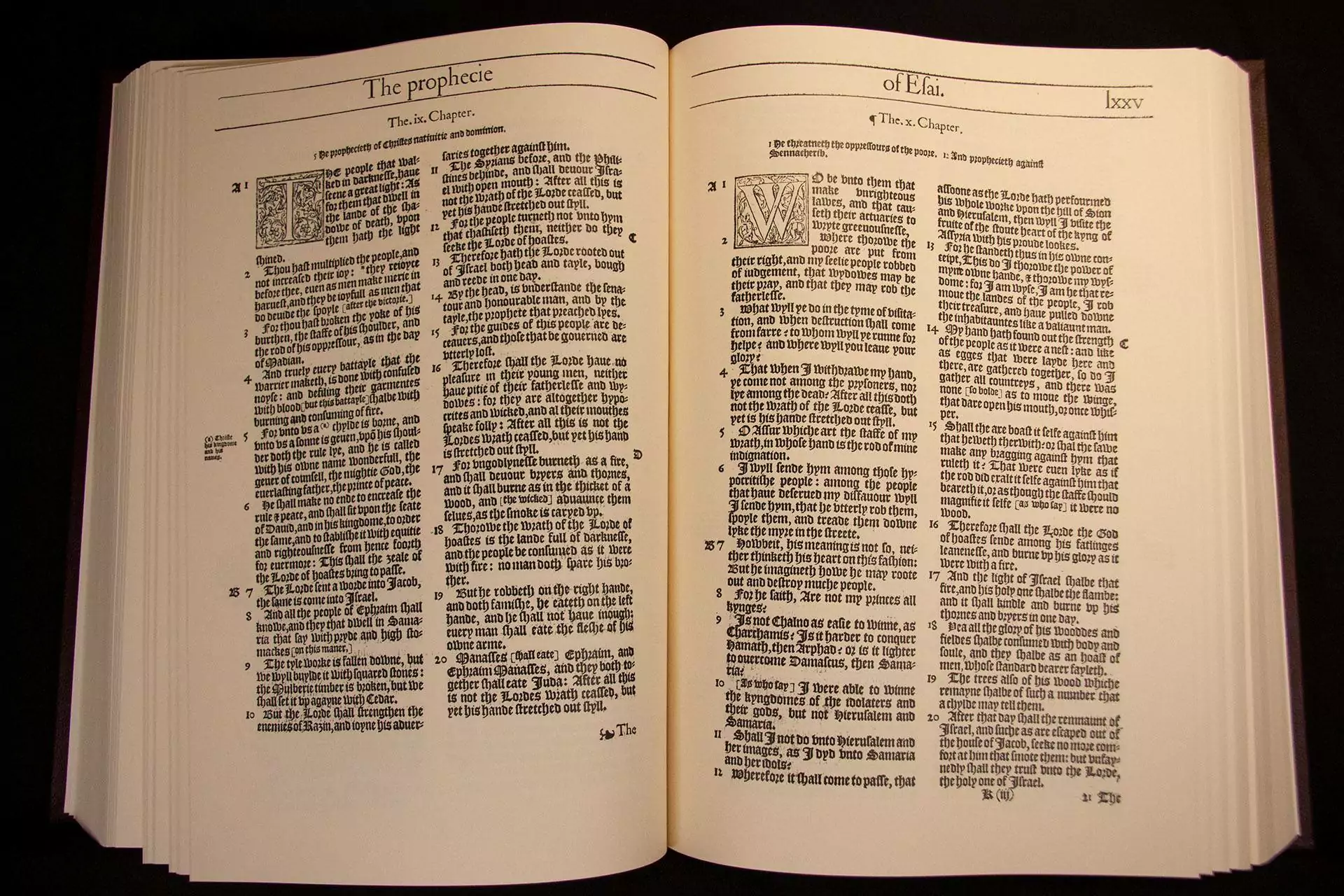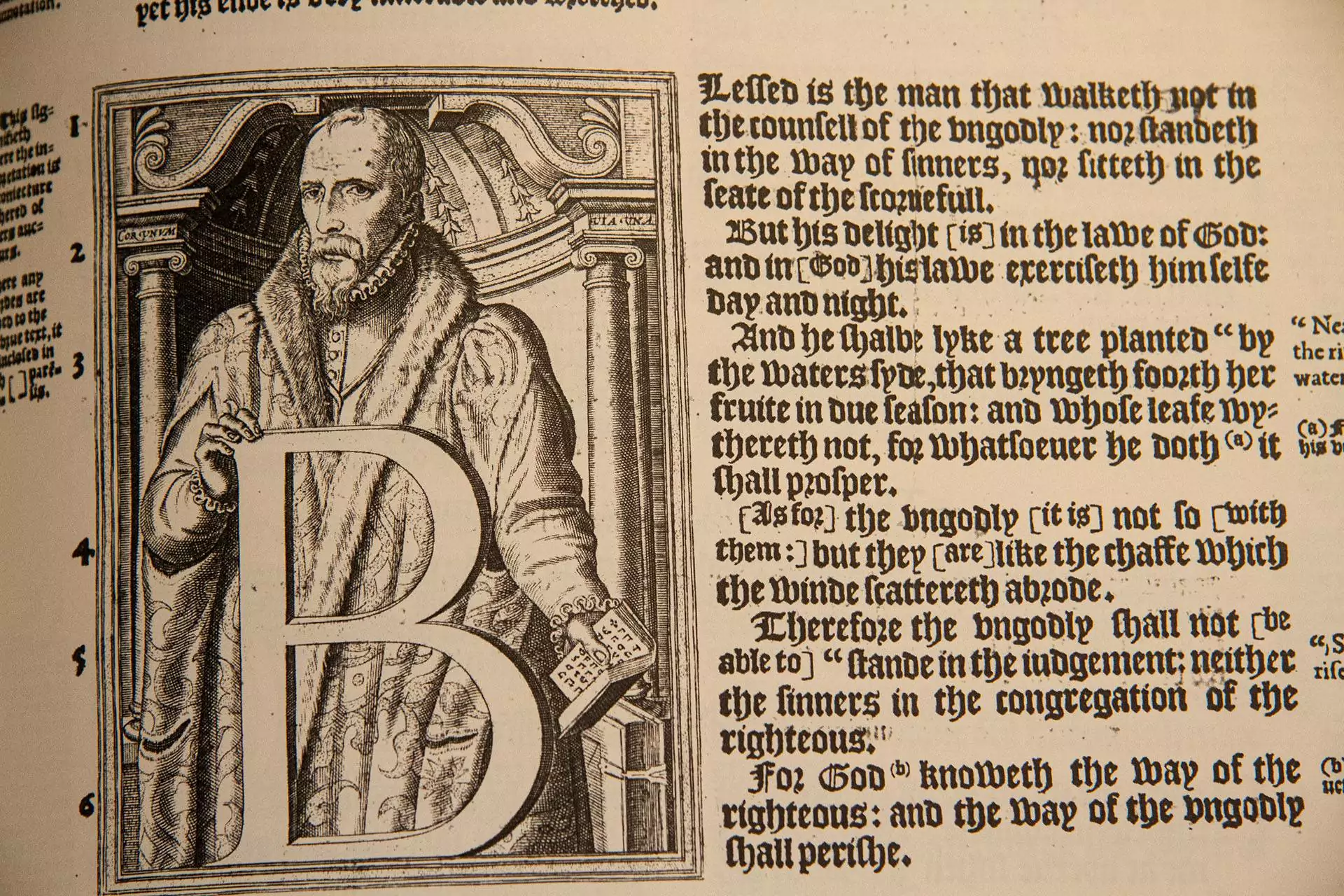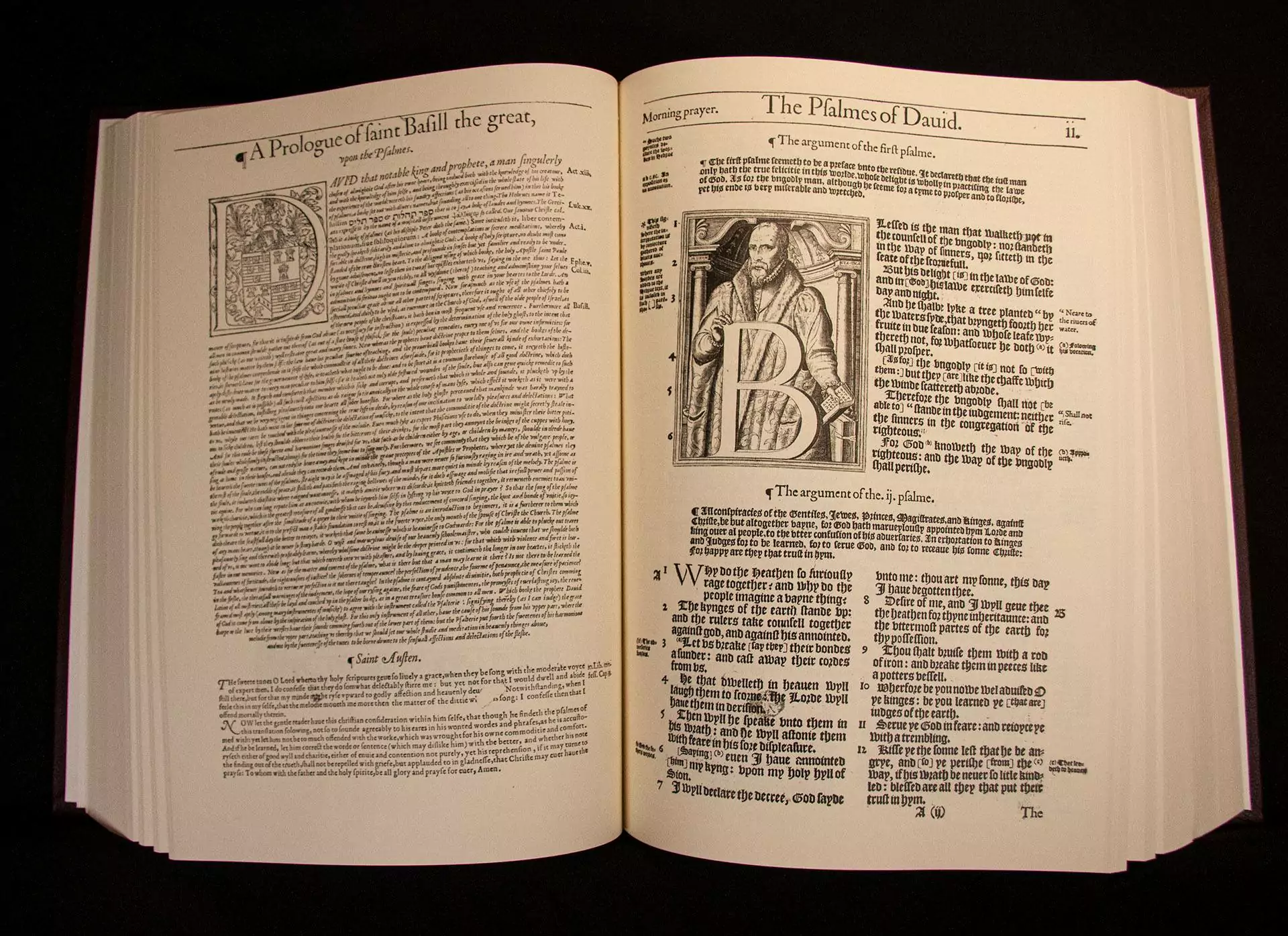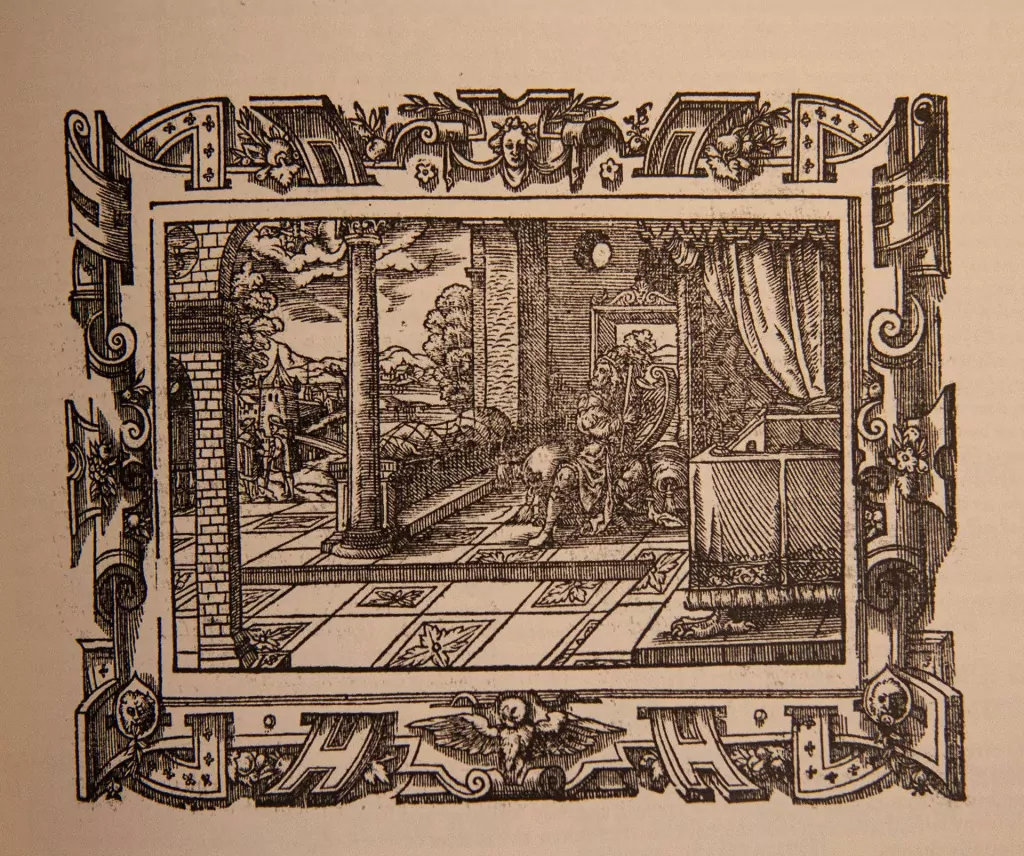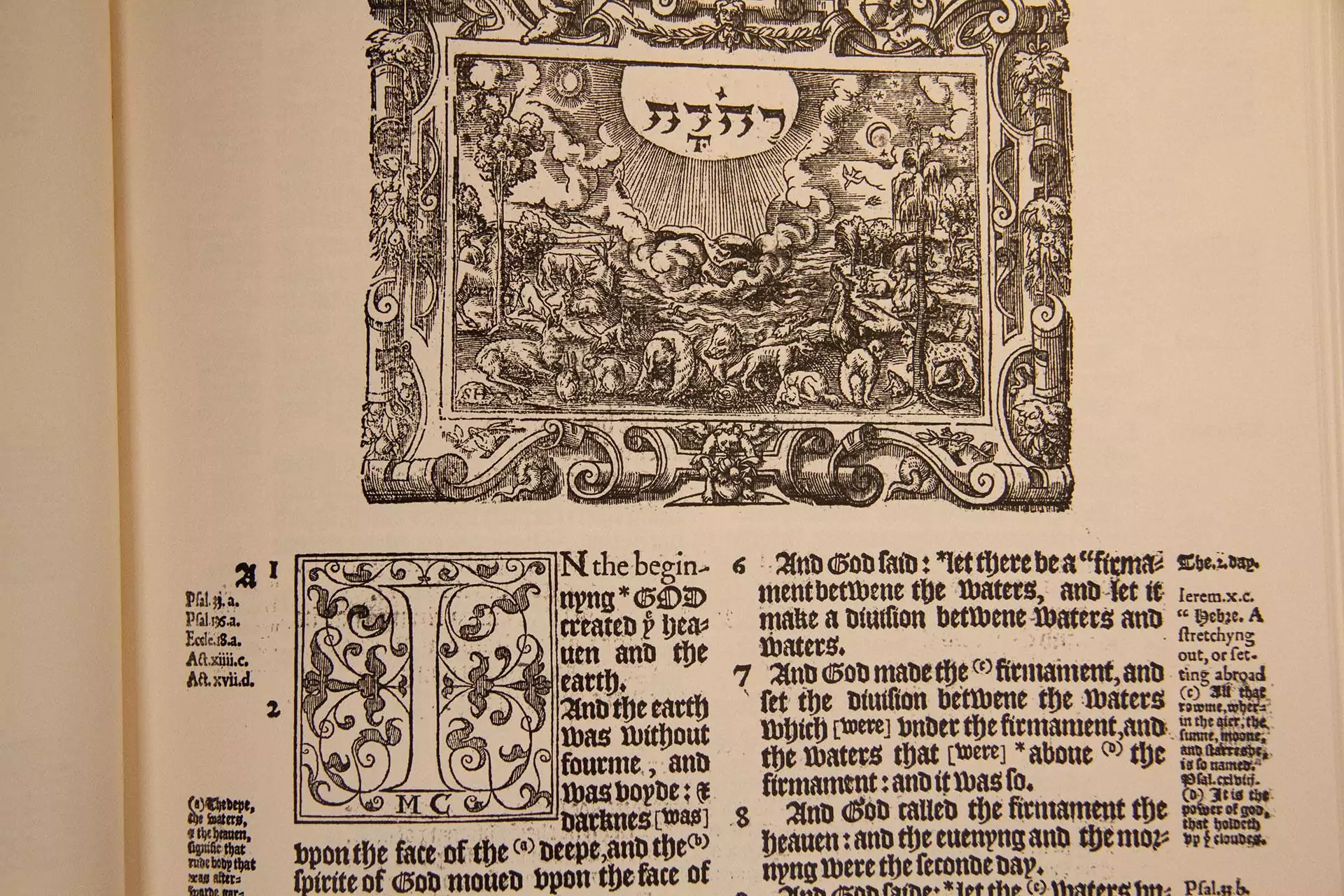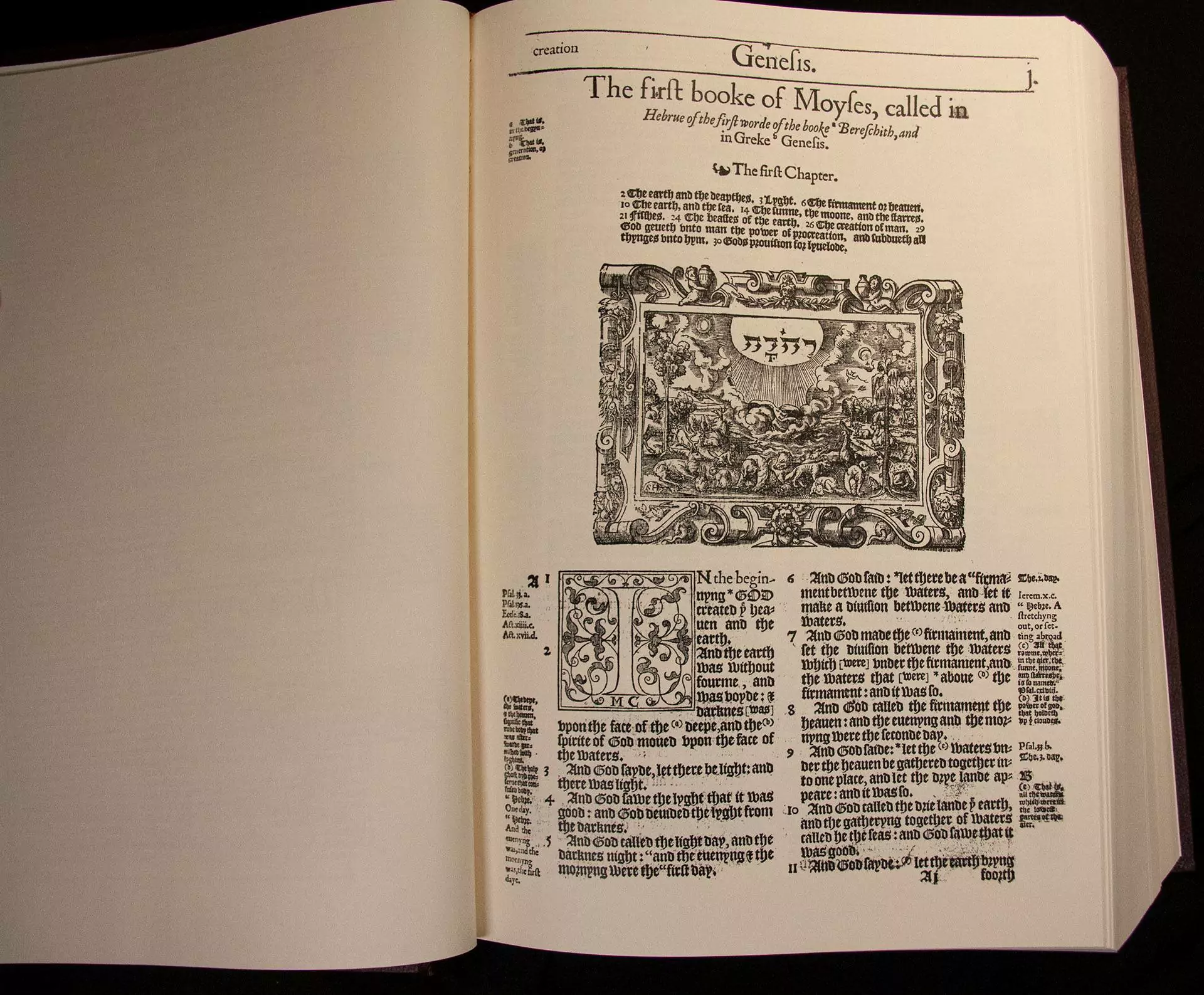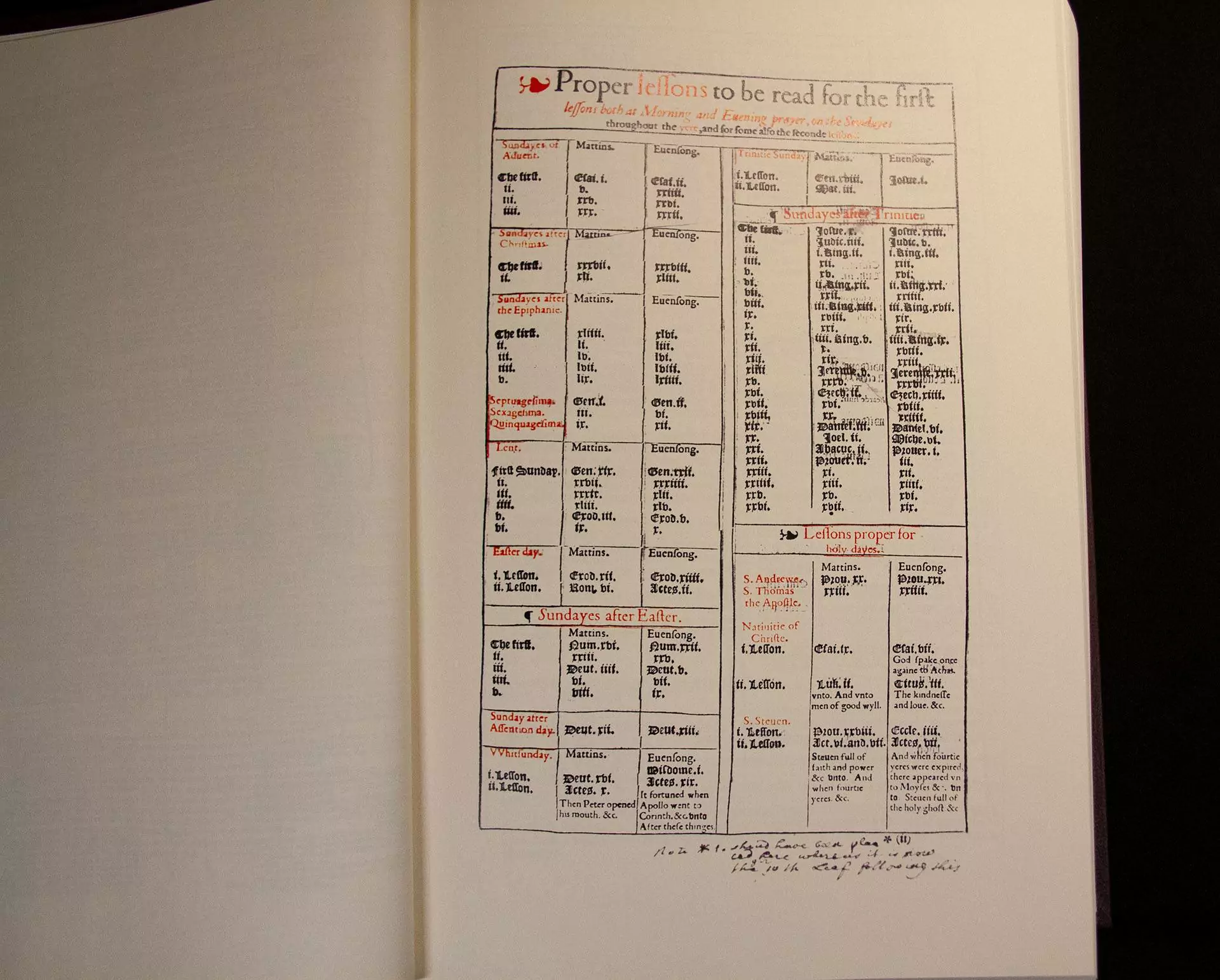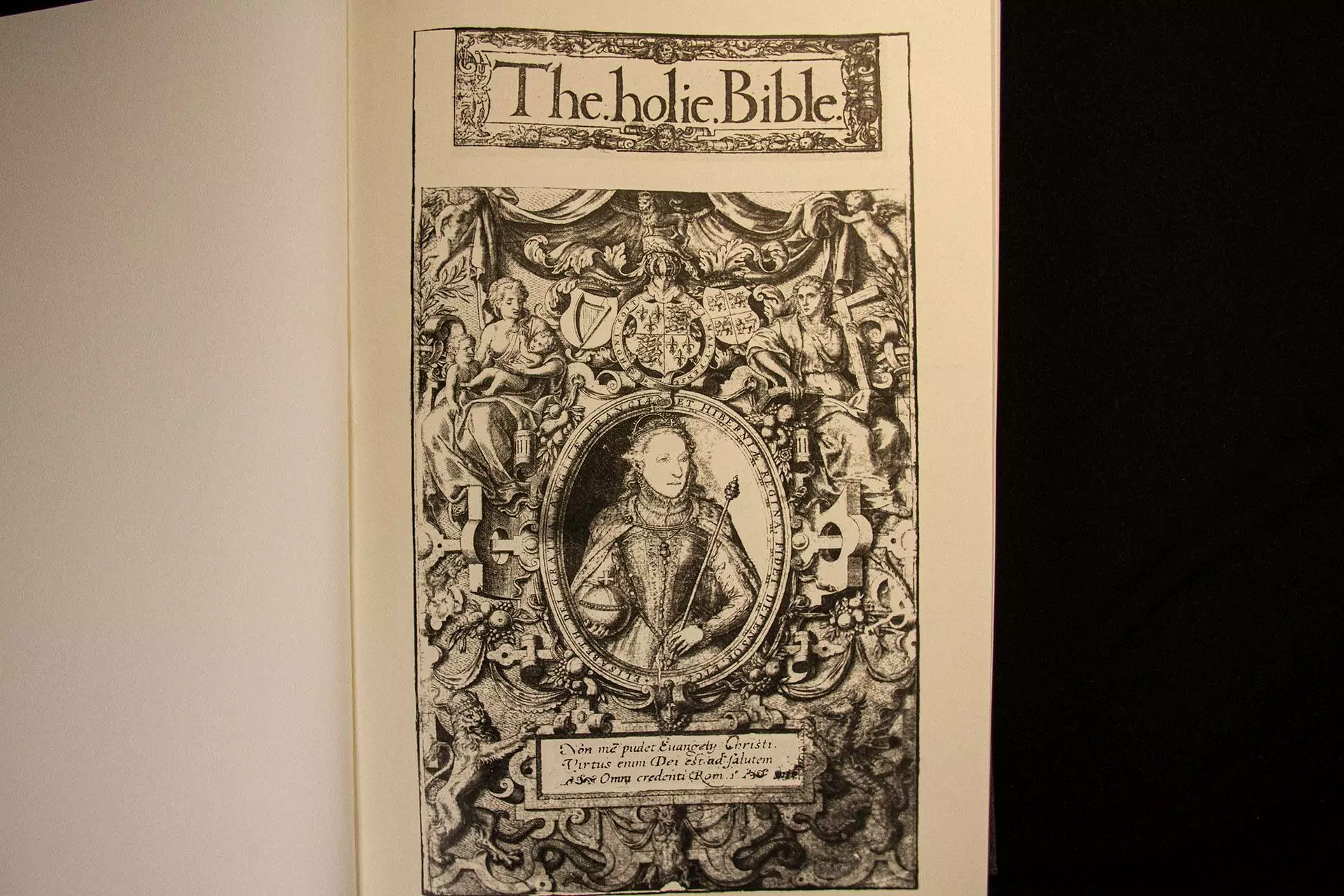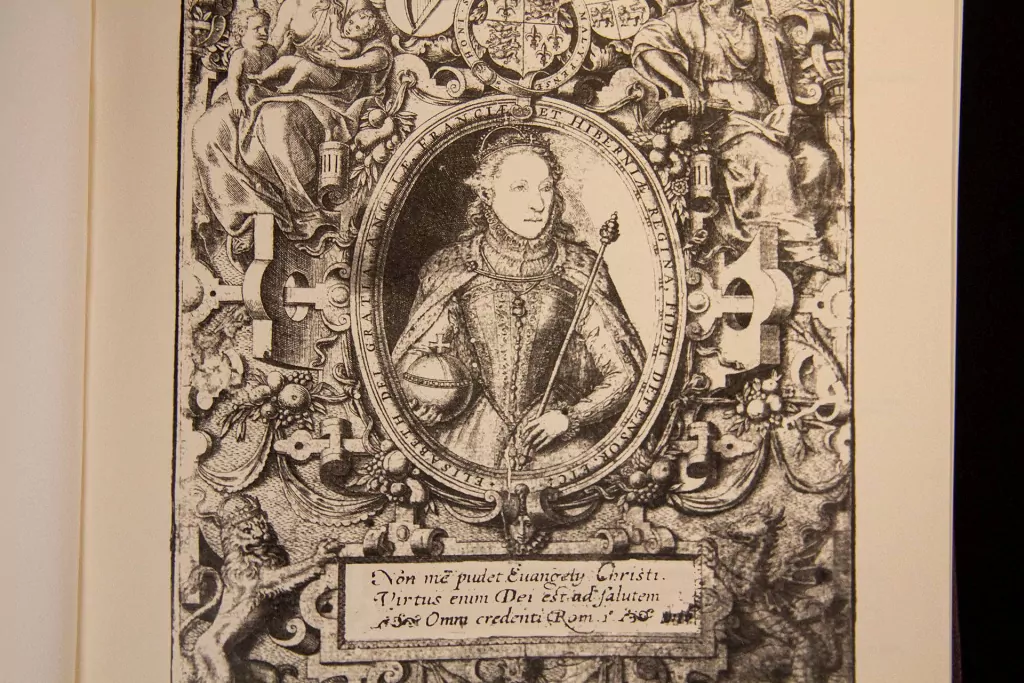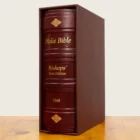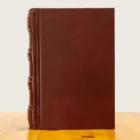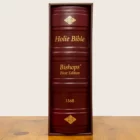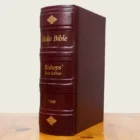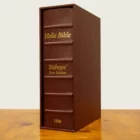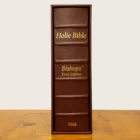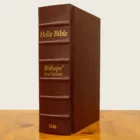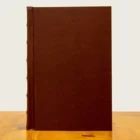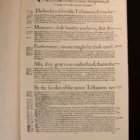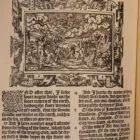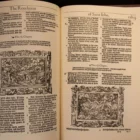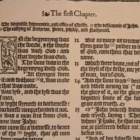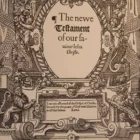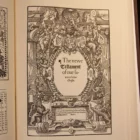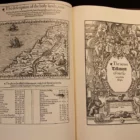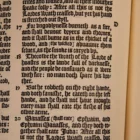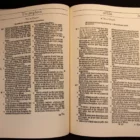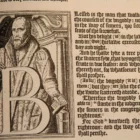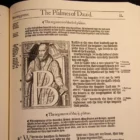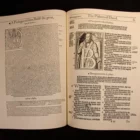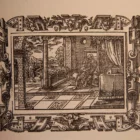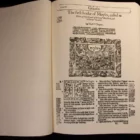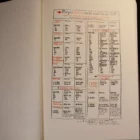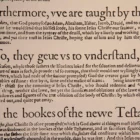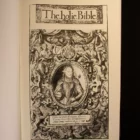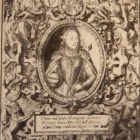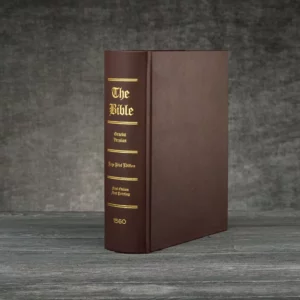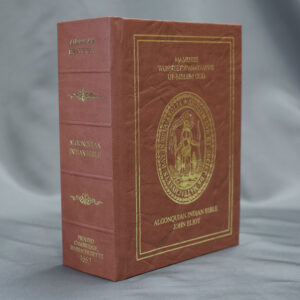Description
Queen Elizabeth’s ascension to the throne of England in 1558 brought reform to the church. Only a handful of the bishops appointed by King Edward VI survived Bloody Mary’s vicious assault and reign of terror. The Bible was forbidden under Mary’s rule but when Elizabeth took over – men and women everywhere could read the Bible again.
Archbishop Matthew Parker, the dean of Lincoln and chaplain to Queen Anne Boleyn, Elizabeth’s mother, was the ideal candidate to organize and execute a new translation. He initially supported and endorsed the reading and teaching of the Geneva Bible but became increasingly hostile toward the translation due to its attack on the authority of bishops.
In 1563, a massive project was started. The translation was an exceptional ask done by fewer than ten bishops. The translators relied on the 1550 Stephanus Greek New Testament, the 1528 Pagninus’s Latin, and Munster’s Hebrew of 1535. On September 22 1568, the work was introduced to the Queen, and church endorsement soon followed. The Bishops’ Bible has numerous carved woodcuts, and it is still considered a landmark in printing achievement.
The Bishops’ Bible, an extraordinary and stunning book, could never gain the popular support that the Geneva translation held in the hearts and minds of the people of England.
The Bishops’ Bible, however, is the second Bible published by the Church of England (the first being the 1539 Great Bible of King Henry VIII, and the third being the 1611 King James Bible of 1611). While the King James Bible has enjoyed more than a thousand times the popularity of its “rough draft”… the Bishops’ Bible… it remains a fact the 1568 Bishops Bible, with its dozens of beautiful illustrations, is much more visually spectacular than the 1611 King James Bible, which has no textual illustrations at all.
This most complete and accurate reproduction done to date stands nearly 17″ tall and is 12″ wide. It weighs over 30 pounds. This is a limited-time offer on this work and it will be a collector’s item for centuries. Order yours today. The 1568 Bishops’ Bible facsimile is constructed of the highest grade of beautifully grained burgundy-brown Italian “Fiscagomma Leatherette” (the best imitation leather in the world – actually more robust than real leather); it has a thick, soft, supple texture and a look so much like real leather; everyone who examines it in our showroom is shocked when we tell them its not real leather. Many insist that we must be mistaken because after handling it, they remain convinced that it is an excellent grade of genuine leather. We challenge you to see if you can tell the difference between Fiscagomma Leatherette and real full-grain leather… honestly, not one in a hundred people would question whether or not it was genuine leather. You’ve got to see it and touch it to believe it. Simply substituting this beautiful “leather-alternative” binding material enables us to reduce the price dramatically… from $1,995… down to just $895… for what is essentially the same book in size and content!
Super Deluxe Binding
If imitation leather will not do for you, regardless of how high-grade it is… we offer the 1568 Bishops Bible in a spectacular full-grain genuine leather Super Deluxe edition binding. Constructed of the highest quality of thick burgundy red leather over five layers of solid birch wooden boards with extra-heavy duty stitching and very large and wide multi-level raised spine bands with gold spine stamping… no detail was overlooked. It also comes with a custom-made protective slipcase. These massive pulpit folios make an excellent centerpiece for a church’s communion table or entryway. They are also quite popular as centerpieces for private home libraries. If you are looking for something that will make people stop and stare… this is it! Photographs cannot adequately show what a stunning and magnificent display piece this enormous folio is.
SPECIAL BONUS: As our gift to you, you will receive an original Bishops’ Bible Leaf with your purchase of this facsimile. These leaves typically sell for $195 each.
